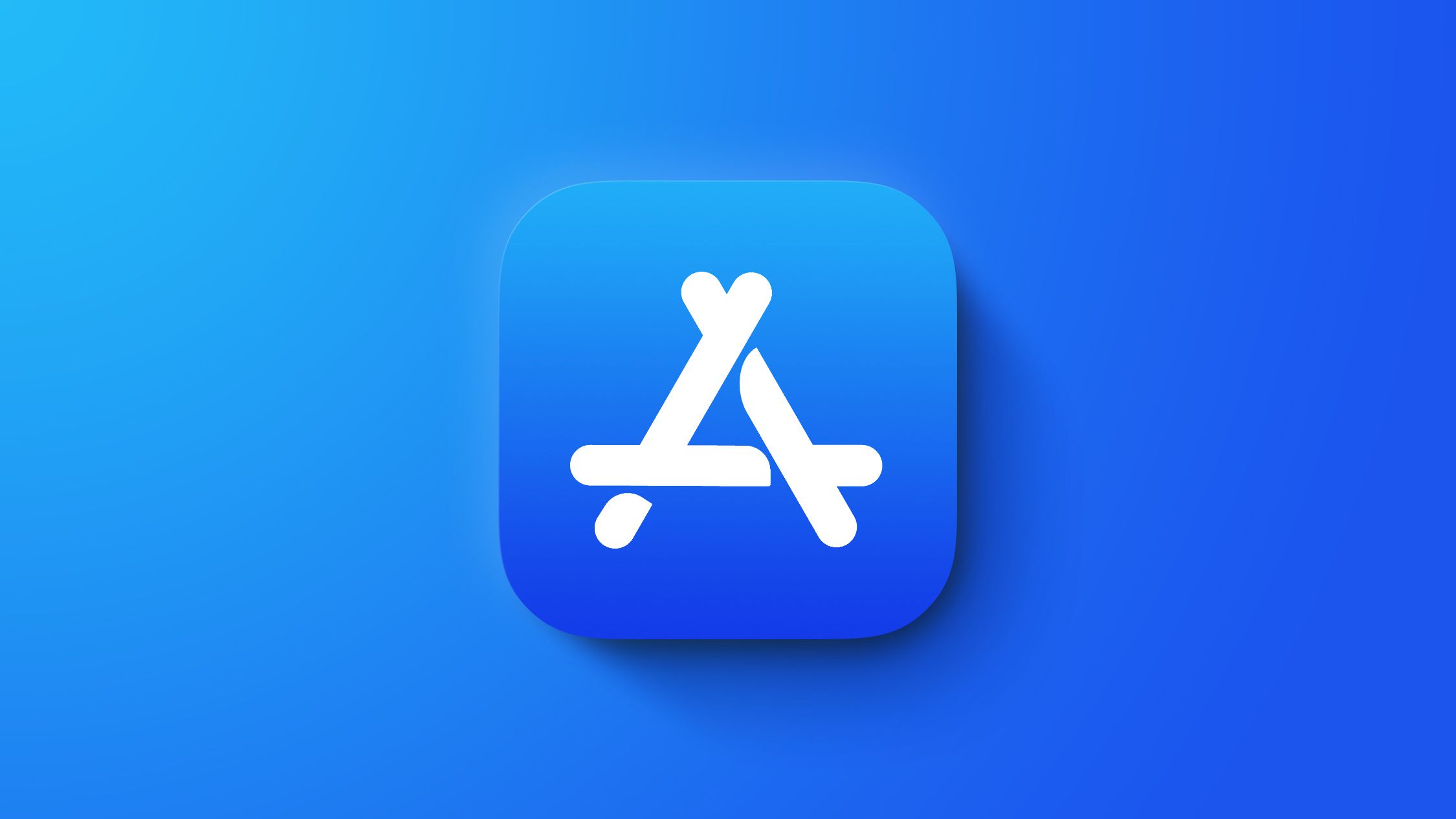-
Apr 15, 2021, 10:17 am2.1k ptsInteresting Special Content
Special ContentCredit: Flamingophotos
Best E-Learning Software To Learn New Skills and Improve Old Ones
Online learning has taken off during the pandemic as people worldwide retreated indoors and had plenty of time to fill. While the conversation about online learning has tended to focus on the nearly 1 billion students who were forced home because of school closures, commercial, for-profit platforms have also seen an increase in mostly older, adult users. People have signed up to learn everything from the art of writing a memoir to preparing healthy meals to learning the guitar. Professionals, executives, and retirees have also taken MOOCs (massive open online courses) to either sharpen their skills, learn new ones, or branch out into new fields.
Best E-Learning Sites: Find Out Which One Is Right For You
There are two categories of online learning. One has to do with students enrolled in school or attending a university and have been forced to learn online because of the pandemic. This cohort already has many platforms, resources, and tools at their disposal given to them by the schools they attend.
The other category of online learning is focused on adults. Adults who are typically professionals, have already completed degrees, or have retired from working life, but not always. Anyone can sign up for online learning via one of these online teaching platforms. These e-learning companies are the ones we will be looking at here, as there are other lists aimed at the best e-learning tools for students and teachers.
The adult-centric world of online learning is not focused on earning a degree or gaining accreditation, although that is possible with some platforms and courses. It is more about people feeding their curiosity, ambition, and their natural desire to learn. The e-learning platforms listed here are among the most well-known and well-reviewed for their range of course offerings, class structures, and pricing schemes.
Coursera
4,000+ Courses to Learn or Advance Skills
2020 was a good year for Coursera. The online learning platform was able to secure $130 million in new funding in the summer of last year owing perhaps to its meteoric rise in popularity. While demand certainly shot up during Covid-19, Coursera leaped out of the pack for its sheer number of courses (4000+) covering everything from the arts and humanities to Ruby on Rails and cryptocurrency. Coursera is also one of the few platforms that offer accreditation (13) and degrees (30), as it has partnerships with tech giants like Cisco and Google to Ivy League schools like Yale and Stanford.
Other standout features of Coursera include:
- All courses are taught by professors from leading universities or professionals who have excelled in their field
- Subscribers can take several courses for free, even paid ones
- Flexible deadlines
- Financial aid packages available for students who qualify
Coursera is as close as a person can get to attending a university without paying for an Ivy League education. Its wide swath of partners includes several prestigious learning institutions and Fortune 500 companies so students can be assured that they are getting a top-notch education.
Some drawbacks of Coursera:
- Top-tier courses are pricey
- Rigid enrollment system
- Some certificates of completion are not free
LinkedIn Learning
A Career-Centric Platform
LinkedIn expanded its profile when it bought up Lynda.com, an independent e-learning site. The company soon transferred all the educational content on Lynda.com to its servers and created LinkedIn Learning, which is the perfect supplement to its main focus as a networking site for professionals. LinkedIn Learning is not a free service even for those who already have LinkedIn accounts, but it does come included with a LinkedIn Premium subscription. The service does offer a free trial period for users to browse different types of online courses all taught by industry-leading experts and focused on a broad range of topics, but are mostly based around professional development.
LinkedIn Learning gives users:
- The option to take individual courses or sign-up for a learning path that features several videos based around a single topic
- Access to thousands of different videos taught by highly-skilled professionals
- Certificates, or "badges" of completion that are visible to prospective employers
- The ability to connect with other learners and expand your LinkedIn network
LinkedIn Learning does not involve as much commitment as something like Coursera. Users who take classes can self-assess by downloading and completing specific exercises or take small quizzes to gauge their understanding of the material. But they do it at their own pace, as there few or any synchronous courses offered.
Some cons about LinkedIn Learning:
- Lacks a personal touch
- Little to no communication between learners and teachers
- Dry, antiseptic video presentations
MasterClass
Learning from the Best
You have probably already seen ads for MasterClass and wondered if it is too good to be true. Being taught screenwriting by Oscar-winning screenwriter Aaron Sorkin? Learning about conservation from Dr. Jane Goodall? But MasterClass delivers exactly what it promises: intimately shot videos where the most famous and well-respected masters in their fields share their expertise with you. The tangible benefits to watching MasterClass videos are few - there are no degrees or certificates of completion to speak of, but the value of taking a MasterClass course comes in other forms. The wisdom gained from someone who knows what they are talking about, whether it is Gordon Ramsey teaching you knife skills or Natalie Portman teaching you about acting is something impossible to find somewhere else.
Some highlights of MasterClass include:
- Course offerings are spread out over nine different categories ranging from Film & TV, Lifestyle, and Business, Politics, & Society to Culinary Arts and Sports
- A yearly subscription plan lets you access all course offerings
- 30-day money-back guarantee for all courses
- Subscribers get one free account to share with a friend
MasterClass has one thing that many other platforms do not, which is celebrity instructors. The platform also adds new instructors and new courses every week, so their catalog just keeps expanding. The pricing scheme is also simplified and offers users the chance to buy individual courses, but a yearly subscription is the way to go.
MasterClass does have some limitations:
- None of the courses are dedicated around hard skills (programming, science, technology, etc.)
- No professional development courses
- No interaction with teachers
Udemy
150,000 Courses For Professionals and Creatives
Udemy is perhaps the e-learning platform with the widest catalog of all other platforms on this list. Topping out at a whopping 150,000 courses spread out over 13 different categories, the platform began offering courses in 2007, which has given it a lot of time to accumulate new content and expand. The service does not offer a subscription plan and courses must be bought individually, but they are not overly expensive. Another standout feature of Udemy is that it is a peer-to-peer learning service that relies mostly on individuals sharing their expertise with interested learners. Teachers build and create their courses and then share them. Some other features of Udemy include:
- A huge selection of courses with varying price ranges
- Courses created and curated by experts in their field
- Offline and mobile access compatible
- Discounts on several high-priced classes available
The breadth of the course offerings on Udemy is its main draw. People can learn about everything from photography, how to use software like Lumin PDF or AutoCAD, or take courses on mindfulness and meditation. Its catalog also grows by the week so there's always something new to discover.
But Udemy is not without its flaws like:
- No professional accreditation given
- No partnerships with universities, businesses, or corporations
Trending Today on MacHash
MacHash is your real-time Apple news aggregator, delivering the latest headlines on Apple, Mac, iPhone, iPad, and iOS from top sources across the web.
As a powerful content discovery platform, MacHash continuously curates breaking news, product announcements, software updates, reviews, and industry insights related to Apple Inc. and its ecosystem.
MacHash helps you stay informed on everything from macOS and iOS developments to Apple Watch, AirPods, and the latest in tech and app innovation.
Access MacHash from your desktop or mobile device to explore, follow, and share the most trusted Apple news all in one place.














